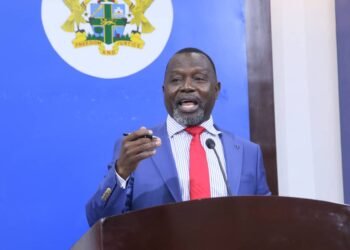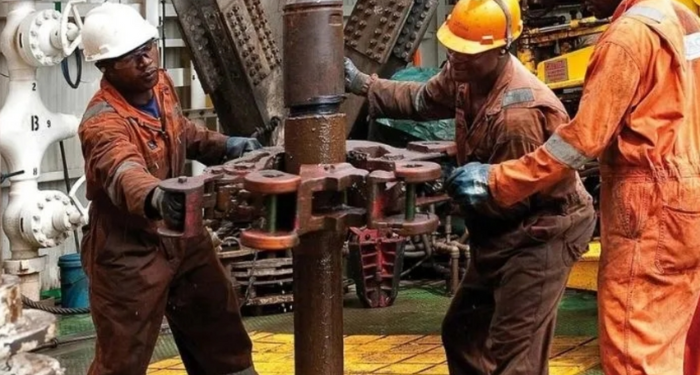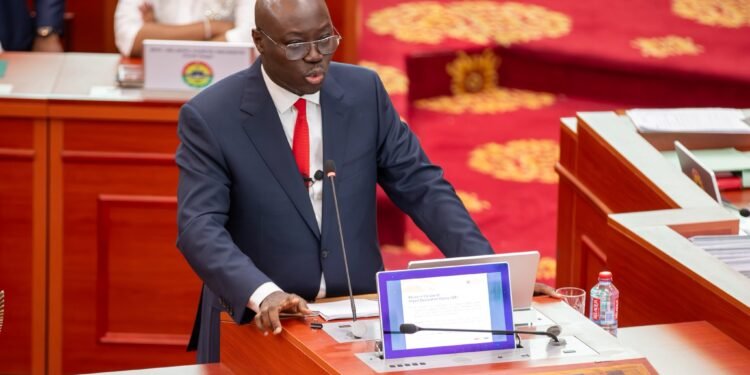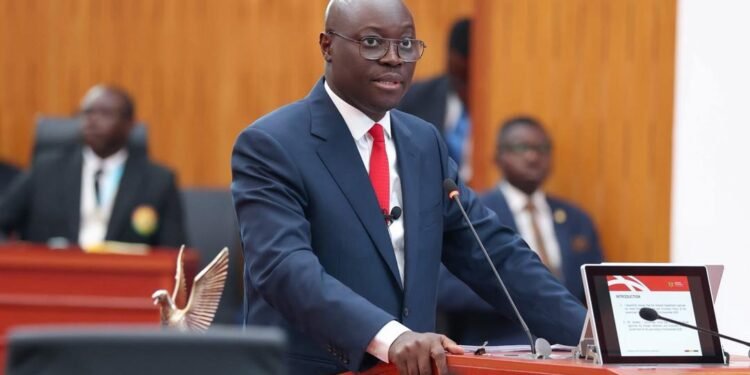Despite a bold declaration of war against illegal mining by the ruling government and a solemn pledge by President Akufo-Addo to stake his presidency on the fight against this menace, the battle against illegal mining—commonly known as galamsey—appears to be a losing one.
Over the years, illegal mining activities have intensified and become more pervasive, casting a shadow over the government’s promises and actions.
Recent reports indicate that most of Ghana’s river bodies and forest reserves are in worse condition than they were a few years ago. The deterioration of these critical natural resources is stark and alarming, reflecting a significant policy and enforcement failure.
Many experts and concerned citizens attribute this worsening situation to the government’s inability to curb illegal mining, a failure that is compounded by the active participation of political actors in the galamsey trade.
The situation is so dire that it has prompted the Ghana Water Company Limited (GWCL) in the Central Region to issue a public statement about the severe water supply challenges plaguing Cape Coast, Elmina, and surrounding communities.
The statement highlighted the direct impact of illegal mining activities on the region’s water supply, specifically at the Sekyere Hemang Water Treatment Plant (WTP).
“The recent Demand-Supply gap is as a result of inadequate raw water received at the Sekyere Hemang Water Treatment Plant (WTP) as a result of galamsey.
“Pollution of the Pra River along its course and most especially at the catchment for abstraction has reduced water embarkment to the bearest minimum. About Sixty per cent (60%) of the catchment capacity is silted as a result of illegal mining (galamsey) compromising the quality of raw water”.
Ghana Water, Central Regional Office
The statement further revealed that the turbidity levels of the raw water have reached an average of 14,000 NTU—far exceeding the designed capacity of 2,000 NTU for adequate treatment.
Consequently, the Sekyere Hemang WTP is now operating at just a quarter of its installed capacity, producing only about 7,500 cubic meters of water per day.
According to the Ghana Water Company in the Central Region, the situation has led to significant water shortages, causing severe inconvenience to residents and businesses in the affected areas.
Government’s Failures Criticized
Dr. Kwame Asiedu Sarpong, a Democracy and Development Fellow in Public Health at the Ghana Centre for Democratic Development (CDD-Ghana), in reacting to the disturbing news, strongly criticized the government’s response to the galamsey crisis.

Dr. Sarpong chastised the government for its apparent lack of seriousness in combating illegal mining, questioning whether the current administration genuinely desires to retain power given its dismal handling of this critical issue.
“Do we have a government in charge that seriously wants to retain power?. Because the height of state failure is becoming disheartening. People in government are driving around the country campaigning for votes.
“They see the galamsey all over, they are doing little if anything to fight it. Now, people are struggling to get potable water. There are shortages of water in Greater Accra too. Is this the sort of catastrophic national security failure we are being invited to upgrade? Wow.”
Dr Kwame Asiedu Sarpong, CDD-Ghana D&D Fellow in Public Health
Dr. Sarpong’s remarks underscore a broader sentiment of frustration and disillusionment among many Ghanaians who feel that the government’s efforts to fight galamsey have been inadequate and half-hearted.
The continuing devastation of the country’s natural resources, coupled with the acute water crisis now affecting major regions, has intensified public outcry for more decisive action.
The call to action from the GWCL further emphasizes the need for immediate and concerted efforts to combat illegal mining.
The escalating water crisis and environmental degradation caused by galamsey present a critical challenge for Ghana.
The consequences of inaction are dire, threatening not only public health and safety but also the very future of the country’s natural resources and economic stability.
There is therefore the need for urgent, decisive, and effective measures to halt illegal mining activities and restore the integrity of Ghana’s water bodies as a failure on the part of the government to act swiftly and with conviction, would lead to far-reaching repercussions.
READ ALSO: Africa Urged to Adopt Comprehensive Approach to Energy Transition























